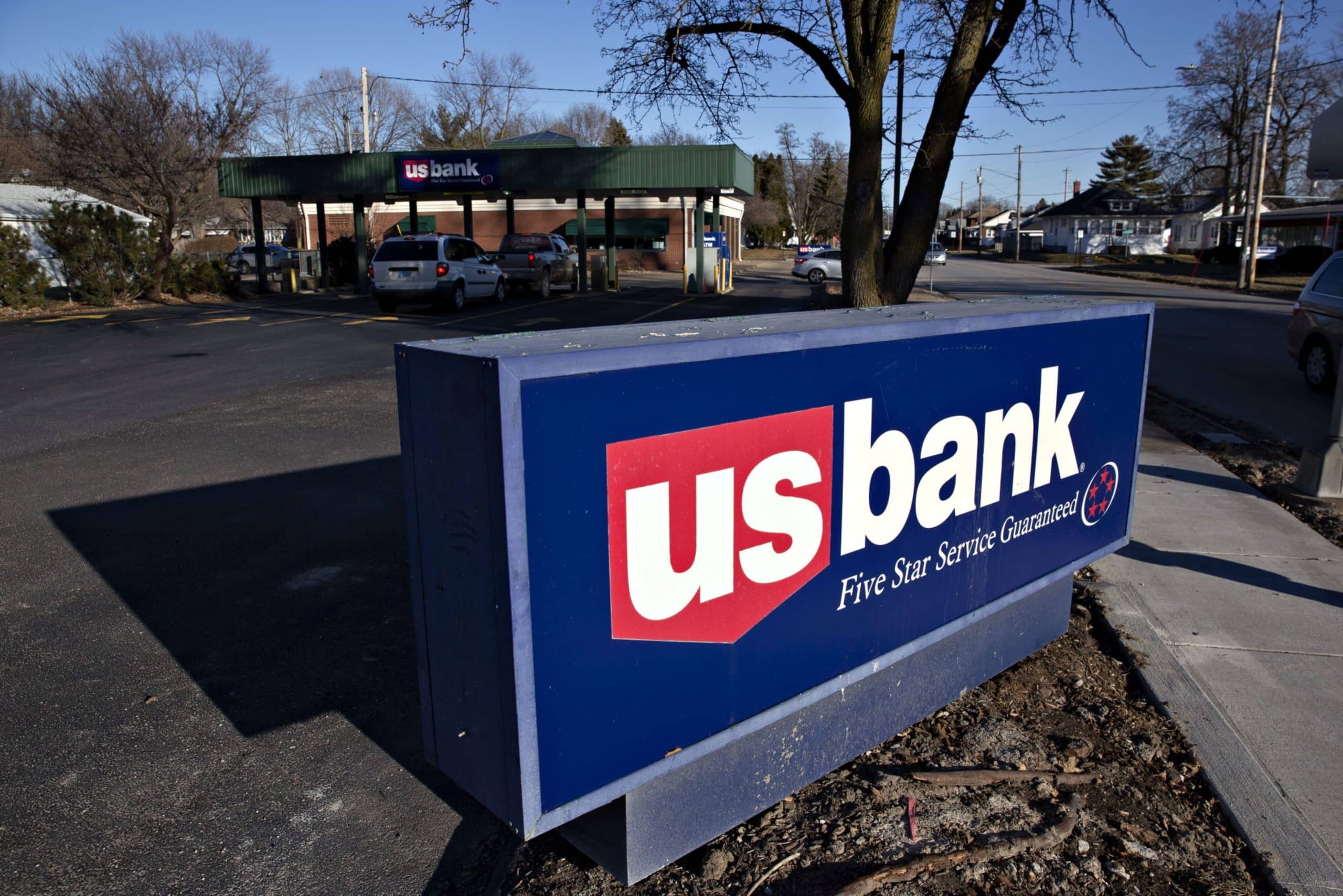[ad_1]
BEIJING — The saving alternative with the agricultural financial institution in central China seemed, to Solar Music, a 26-year-old-businessman, like an awesome discover. It might be linked to his present account at a big, respected state-owned financial institution. The agricultural financial institution was additionally providing excessive rates of interest, making it look like an excellent place to park his roughly $600,000 in financial savings.
Then the financial institution abruptly froze his account this 12 months, and officers mentioned they had been investigating potential fraud. “I owe cash on my bank card and should repay my automobile mortgage,” he mentioned. “I’ve two sons. They’re all ready.”
The monetary scandal ensnaring Mr. Solar and hundreds of others throughout the nation may pose a severe check to the ruling Communist Social gathering, which prizes stability and its potential to regulate any threats to it. Whereas the amount of cash in danger is small relative to China’s economic system, it strikes on the core promise of the celebration that it’s going to present a greater future for the individuals.
For members of the Chinese language public, it has revealed how susceptible their cash may very well be, even in a transaction as seemingly routine as placing it in a saving account. Monetary points are all of the extra delicate because the economic system weakens, with China final week reporting its slowest rate of growth for the reason that starting of the coronavirus pandemic.
Many are simply as unnerved by the native authorities’s detached, if not outright hostile, response to the scandal. The disaster has engulfed 5 rural lenders that the police say might have been managed by a legal gang that illegally transferred funds into different accounts, a scheme that began a decade in the past.
Officers have largely refused to ensure the cash can be returned and have recommended that a few of the depositors had been concerned in fraud. When Mr. Solar and a whole lot of different depositors gathered this month for a protest in Henan Province, the place the agricultural banks in query had been largely situated, they had been physically attacked by a mob of men while police officers stood by. Many protesters have since reported being harassed by the police.
“The federal government takes our taxpayer cash after which beats us,” Mr. Solar mentioned in a telephone interview earlier than the authorities warned depositors towards chatting with the media. “My worldview has been destroyed.”
Sustaining public belief within the Communist Social gathering is very essential this 12 months, when China’s chief, Xi Jinping, is anticipated to tighten his authority even additional at a significant political assembly within the fall. However it’s already being tested by the economic slowdown, born in a part of the federal government’s draconian marketing campaign towards the coronavirus and a regulatory crackdown on the once-booming real estate industry. This banking scandal has uncovered extra systemic points in China’s monetary system, together with potential corruption and weak regulatory oversight at rural banks.
“If they can’t belief any of the banks anymore, they usually already don’t belief the housing market, then what would that do to individuals’s sense of safety about their livelihoods?” mentioned Zhiwu Chen, a professor of finance on the College of Hong Kong. “The extent of this nervousness shared by individuals is rising very quick. It’s not good for social stability.”
The sensitivity of the difficulty was clear within the unusually giant protests.
The depositors started complaining in April when the banks in Henan and Anhui Provinces all of a sudden froze digital withdrawals. Rural banks have helped fill the hole in monetary providers in China’s much less developed areas, however they’re additionally extra prone to corruption, consultants mentioned. To compete with larger establishments, some additionally interact in excessively dangerous lending practices.
The authorities haven’t mentioned how a lot cash was frozen, however protesters declare the quantity is as excessive as billions of yuan. The banks had attracted customers from round China — like Mr. Solar, who lives in a southern metropolis — through third-party on-line platforms and by providing unusually excessive rates of interest.
As weeks glided by with out decision, some financial institution clients started to assemble in Henan’s provincial capital, Zhengzhou, for a collection of protests demanding that regulators act extra forcefully.
The Newest on China: Key Issues to Know
Instantly, officers tried to silence them. Censors shut down protesters’ messaging teams. The native authorities manipulated depositors’ mobile health codes — digital indicators that China makes use of to trace coronavirus infections — to bar them from coming into public areas. However after the manipulation attracted widespread condemnation, native officers retreated, and protesters continued to assemble, together with on July 10.
Most of the demonstrators introduced their calls for as appeals, relatively than challenges, to the Communist Social gathering’s authority. Some waved Chinese language flags. Others invoked Mr. Xi’s slogan of the “Chinese language Dream” or carried a portrait of Mao Zedong. They had been met with ferocity all the identical. Males in plainclothes began hitting and kicking the protesters.
Footage of the violence, which was seen tens of thousands and thousands of occasions on Chinese language social media, provoked widespread fury. Commenters mentioned the federal government had betrayed the protesters’ religion. Censors blocked trending hashtags, however customers created new ones.
Because the outrage continued, regulators promised final week to repay the depositors — however solely those that had put in lower than 50,000 yuan, about $7,500, with particulars for the remaining to be introduced later. In addition they mentioned they might not repay anybody who had used “extra channels” to acquire larger curiosity funds or these suspected of coping with “unlawful funds.”
These stipulations had been seemingly a nod to the police’s announcement concerning the suspected legal gang. Based on the police, the gang’s scheme included establishing unlawful on-line platforms to solicit new clients.
Huang Lei, a lawyer within the japanese metropolis of Hangzhou who has labored on fraud instances, mentioned individuals who had unknowingly participated in an unlawful scheme ought to nonetheless be entitled to compensation. However he acknowledged that, in actuality, they could have little recourse.
“The opposite celebration is raring to characterize it as unlawful — they’ve described it 4 or 5 alternative ways — as a result of they don’t need to take duty,” he mentioned of the authorities. Even when the depositors sued for compensation and received, he added, the financial institution won’t have satisfactory property to make them complete, and it was unclear if the state would make up the distinction.
Certainly, the scandal has raised broader questions on who’s accountable for the misplaced cash, in addition to the suspected criminals.
Professor Chen, in Hong Kong, mentioned county- or village-level governments usually exerted undue affect over native financial institution managers, main them to make dangerous and even fraudulent loans.
Traditionally, the ensuing losses had been manageable, as a result of the central authorities was prepared to bail out troubled banks and companies, he mentioned. However not too long ago, the federal government has signaled that these days are over, at the same time as the deteriorating economy has put extra stress on those self same establishments. Consequently, Professor Chen mentioned, “I count on to see extra rural banks having to face the identical type of issues because the Henan rural banks.”
There are most certainly hidden money owed unfold throughout China’s monetary sphere. The nation’s seemingly unstoppable development over the previous few many years had inspired speculative borrowing and lending conduct by everybody from on-line lenders to major real estate companies.
The federal government has sought to downplay considerations a few broader downside. China’s central financial institution said last week that 99 p.c of China’s banking property had been “throughout the protected boundary.”
Nonetheless, it would now be as much as the federal government to resolve easy methods to handle the losses each in Henan and people but to be revealed, mentioned Michael Pettis, a professor of finance at Peking College. Officers may permit establishments to default, hurting lenders; they may squeeze employees; they may print extra money, resulting in inflation. Ultimately, Professor Pettis mentioned, “any individual’s acquired to soak up the loss.”
For the Henan depositors, the concern is that will probably be them.
Wang Xiaoping, a 39-year-old software program trade worker from Hangzhou, mentioned she had put about $95,000 into one of many rural banks. However all she needed to present for it was an injured chin, from being attacked by a person carrying black on the Zhengzhou protest. She tried to report the assault to the police, however they advised her to go to a different district, she mentioned.
“I advised the police, I’m prepared to die right here,” she mentioned in an interview on July 10. “That is my whole web price, that is all of my paychecks put collectively, and it’s gone similar to that.”
[ad_2]
Source link



















